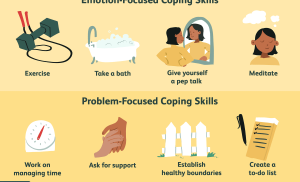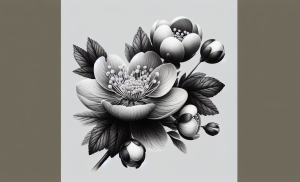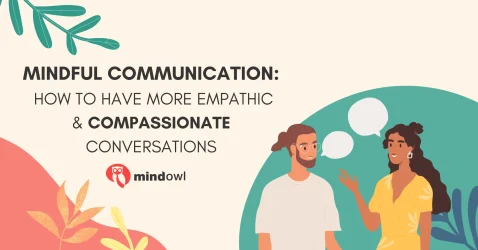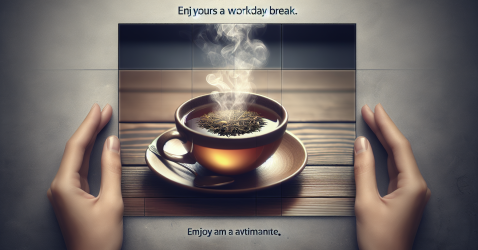Are There Cultural Or Individual Differences That Influence How People Perceive And Practice Self-care And Resilience?
In today’s fast-paced world, self-care and resilience have become buzzwords that are often discussed and promoted. But are there cultural or individual differences that influence how people perceive and practice these important aspects of well-being? This article explores the fascinating question of whether our cultural background or personal experiences shape our attitudes and approaches to self-care and resilience. Join us as we delve into this intriguing topic and uncover the diverse ways in which people around the world navigate the paths to self-care and build resilience.
Cultural Differences
Cultural Influences on Perceptions of Self-Care
Cultural influences play a significant role in shaping our perceptions of self-care. Different cultures have unique values, beliefs, and norms that dictate how individuals prioritize their well-being. For example, in collectivist cultures, such as many Asian cultures, the emphasis is often on the well-being of the community rather than individual self-care. Taking care of oneself may be seen as selfish, as the focus is on maintaining harmony within the group. In contrast, individualistic cultures, like those prevalent in Western societies, prioritize individual well-being and self-care as essential for personal happiness and success.
Cultural Influences on Practices of Self-Care
Cultural differences also affect the practices of self-care. These practices encompass a wide range of activities, including physical, emotional, and spiritual well-being. For instance, in some cultures, engaging in meditative practices or participating in religious rituals is considered essential for maintaining self-care. On the other hand, in cultures that value physical fitness, regular exercise and healthy eating may be prioritized as self-care practices. These cultural influences shape the types of activities individuals choose to engage in to nurture their well-being.
Impact of Collectivist vs. Individualistic Cultures on Resilience
Collectivist and individualistic cultures also have a profound impact on resilience. In collectivist cultures, individuals often draw strength and resilience from the support of their communities. Family and social relationships play a crucial role in providing emotional support and helping individuals bounce back from adversity. In contrast, individualistic cultures may place greater emphasis on self-reliance and self-motivation in building resilience. The cultural values and norms in these societies shape how individuals perceive and develop their resilience in the face of challenges.
Individual Differences
Personality Traits and Self-Care
Individual differences in personality traits can influence self-care practices. For example, individuals who are more conscientious may be more likely to engage in regular exercise, adhere to a balanced diet, and maintain good sleep hygiene. On the other hand, individuals with higher levels of neuroticism may be more prone to neglect self-care practices due to heightened anxiety and stress. Understanding one’s personality traits can help tailor self-care strategies that align with individual strengths and weaknesses.
Self-Efficacy and Self-Care
Self-efficacy, or one’s belief in their ability to achieve their goals, also plays a significant role in self-care. Individuals with high self-efficacy are more likely to engage in self-care practices and take proactive steps towards maintaining their well-being. Conversely, individuals with low self-efficacy may struggle to prioritize self-care or believe that their efforts will yield positive results. Cultivating self-efficacy through building confidence and setting attainable goals is essential for effective self-care.
Past Trauma and Resilience
Past trauma can significantly impact how individuals perceive and practice self-care. Traumatic experiences can disrupt one’s sense of self and make it challenging to prioritize self-care. Individuals who have experienced trauma may have difficulty trusting others, seeking support, or engaging in activities that promote well-being. Addressing past trauma through therapy and trauma-informed care is crucial in developing resilient self-care practices that acknowledge and overcome the impact of these experiences.
Mental Health and Resilience
Mental health greatly influences resilience and self-care practices. Individuals with mental health conditions may face unique challenges in maintaining their well-being and engaging in self-care. Moreover, cultural stigmas and misconceptions surrounding mental health can further complicate how individuals from different cultural backgrounds perceive and approach self-care for mental health. Creating culturally-sensitive and inclusive mental health resources is crucial in promoting resilience and effective self-care for individuals with diverse cultural backgrounds.

Gender and Self-Care
Gender Roles and Expectations
Gender roles and expectations heavily influence how individuals perceive and engage in self-care practices. Societal norms often dictate different expectations for men and women regarding their self-care responsibilities. Traditional gender roles may place more emphasis on women’s nurturing roles, leading to an expectation that women prioritize taking care of others rather than themselves. Men, on the other hand, may face societal pressure to be self-reliant and prioritize work and career over self-care. Challenging these gender norms and promoting equal opportunities and expectations for self-care is essential for fostering well-being and resilience across genders.
Differences in Self-Care Practices
Gender differences also exist in self-care practices. Men and women may have different preferences for activities that promote their well-being. For example, women may find solace in socializing with friends or engaging in creative pursuits, while men may prefer physical activities or hobbies that allow them to channel their energy. Recognizing and honoring these differences can help create a more inclusive and diverse approach to self-care that meets the unique needs of individuals of all genders.
The Role of Gender in Resilience
Gender can also play a role in resilience. Men and women may respond differently to challenging situations and have unique coping mechanisms. Societal expectations and gender norms can influence how individuals express their emotions and seek support, ultimately impacting their resilience. Empowering individuals to embrace their emotions, seek help when needed, and challenge rigid gender norms is crucial in promoting resilience across genders.
Socioeconomic Factors and Self-Care
Access to Resources for Self-Care
Socioeconomic factors significantly impact individuals’ access to resources for self-care. Individuals from lower socioeconomic backgrounds may face barriers in accessing healthcare, nutritious food, exercise facilities, and mental health support. Limited financial resources and time constraints due to multiple job commitments can hinder individuals’ ability to prioritize self-care. Creating equitable access to essential resources and reducing socioeconomic disparities is vital in ensuring that self-care is accessible to all.
Perceptions of Self-Care in Different Socioeconomic Groups
Perceptions of self-care can vary across different socioeconomic groups. In wealthier communities, self-care may be associated with luxury experiences such as spa treatments or expensive wellness retreats. However, individuals from lower socioeconomic backgrounds may perceive self-care as basic necessities like getting enough rest or managing stress while juggling multiple responsibilities. Recognizing and valuing diverse perceptions of self-care is important in promoting inclusivity and understanding across socioeconomic groups.
Resilience and Socioeconomic Status
Socioeconomic status also influences individuals’ resilience levels. The stressors associated with poverty, such as financial instability and limited access to resources, can significantly impact individuals’ ability to bounce back from adversity. Moreover, the lack of social support networks and the experience of discrimination and marginalization in low socioeconomic communities further challenge resilience. Addressing socioeconomic disparities and promoting equal opportunities is crucial in enhancing resilience in individuals from diverse socioeconomic backgrounds.

Religious and Spiritual Influences on Self-Care
Religious Beliefs and Practices in Self-Care
Religious beliefs and practices often play a significant role in self-care. For individuals with strong religious affiliations, engaging in religious practices and rituals can provide a sense of purpose, comfort, and support. This may involve prayer, meditation, or participation in religious ceremonies that promote peace and well-being. Religious beliefs can guide individuals’ self-care practices and provide a framework for understanding and coping with adversity.
Impact of Spirituality on Resilience
Spirituality, regardless of religious affiliation, can also influence resilience. Believing in a higher power, finding meaning in challenging experiences, and seeking connection beyond oneself can strengthen resilience. Spiritual practices such as mindfulness or gratitude can enhance one’s ability to cope with stress and bounce back from setbacks. Emphasizing the importance of spirituality as a dimension of self-care can contribute to the overall well-being and resilience of individuals.
Cultural Variations in Religious/Spiritual Self-Care
Religious and spiritual self-care practices can vary across cultures. Different cultures have unique religious traditions, rituals, and beliefs that shape how individuals incorporate spirituality into their self-care routines. For example, in some Eastern cultures, practices like yoga, meditation, or tai chi may be integral to self-care, promoting physical, mental, and spiritual well-being. Understanding and respecting cultural variations in religious and spiritual self-care practices is essential in providing inclusive and culturally competent support for individuals from diverse backgrounds.
Age and Generational Differences
Perceptions and Practices of Self-Care Across Different Age Groups
Perceptions and practices of self-care can vary across different age groups. Younger individuals may prioritize self-care activities that promote physical fitness, mental health, and work-life balance. Middle-aged individuals may focus on self-care practices that support career growth, financial stability, and managing family responsibilities. Older adults may prioritize self-care activities that prioritize maintaining physical and cognitive health, adapting to life changes, and fostering social connections. Recognizing the unique needs and preferences of individuals across different age groups is crucial in promoting effective self-care.
Generational Influences on Resilience
Generational influences also shape resilience. Different generations have experienced unique societal challenges, technological advancements, and cultural shifts, impacting how they perceive and develop resilience. For example, older generations may have developed resilience through experiences of war or economic crises, emphasizing perseverance and adaptability. Younger generations may face unique challenges related to technology, social media, and a rapidly changing job market. Acknowledging and learning from generational differences in resilience can foster intergenerational understanding and support.
Challenges and Adaptation to Self-Care in Aging Populations
Self-care practices can evolve and present unique challenges as individuals age. Aging populations may face physical limitations that require adjustments in their self-care routines. Adapting to retirement, changes in social roles, and health conditions may also impact self-care practices. Additionally, societal attitudes towards aging and stereotypes can influence how older adults perceive the importance of self-care. Encouraging age-inclusive self-care practices and addressing the specific challenges faced by aging populations is essential for promoting well-being and resilience in older adults.
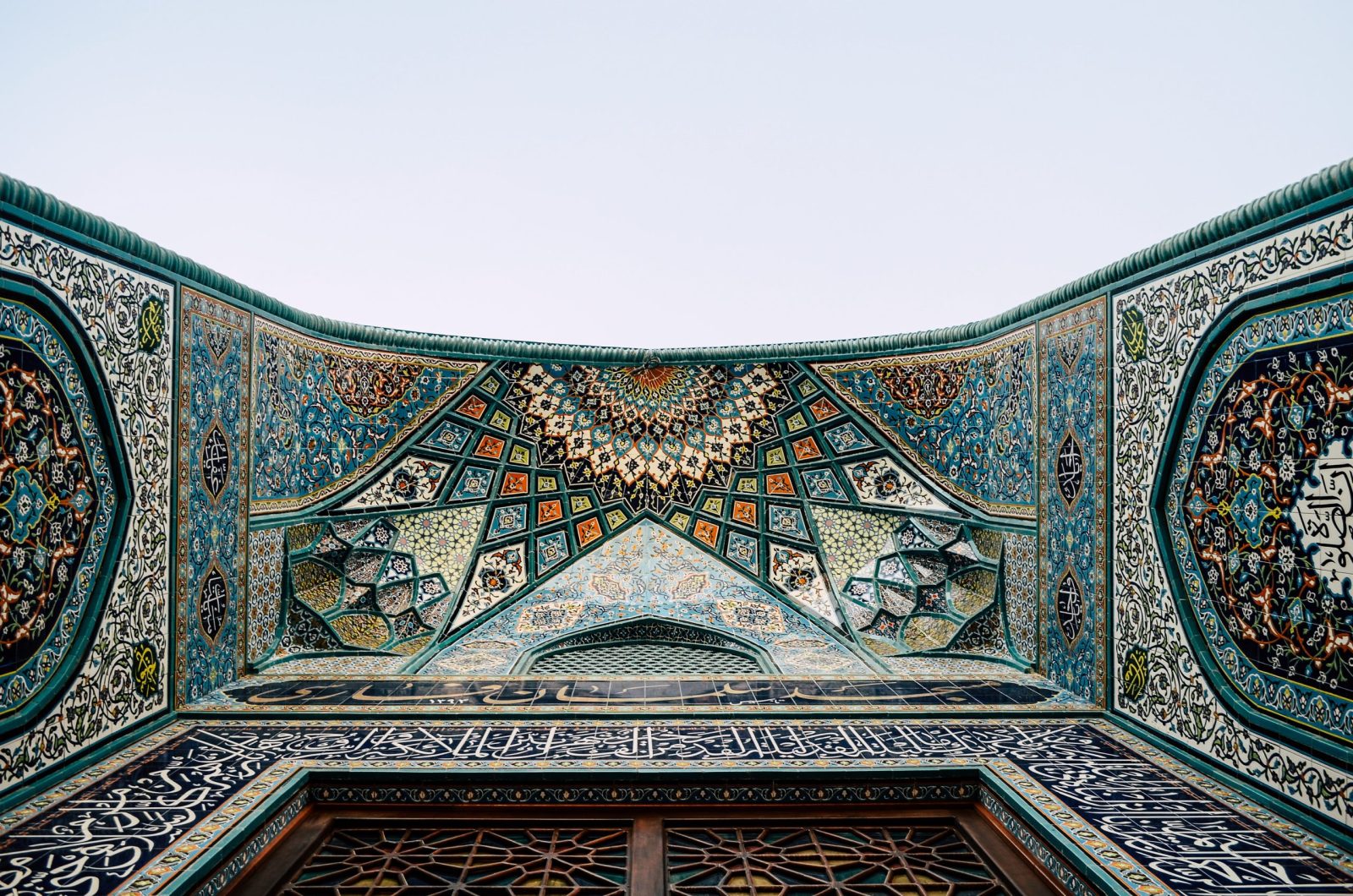
Educational and Professional Influences
Education and Self-Care
Educational influences impact self-care practices. Individuals with higher levels of education may have greater access to information and resources related to self-care. Education can equip individuals with the knowledge and skills to make informed choices about their well-being and engage in self-care practices. Moreover, educational institutions can play a vital role in promoting mental health and resilience by providing students with support services, stress-management resources, and opportunities for personal growth.
Workplace Culture and Self-Care
Workplace culture significantly influences self-care practices. High-stress work environments or demanding job expectations can make it challenging for individuals to prioritize their well-being. On the other hand, supportive work cultures that value work-life balance, provide flexibility, and encourage self-care activities can enhance employees’ resilience. Implementing policies that promote self-care, mental health initiatives, and cultivating a supportive workplace environment is crucial in fostering a healthy work-life integration.
Resilience in High-Stress Professions
Certain professions, such as healthcare, emergency responders, and military personnel, are associated with high levels of stress and exposure to trauma. Individuals in these professions require particular attention to self-care and resilience due to the demanding nature of their work. Developing specialized interventions, support systems, and resources that address the unique challenges faced by those in high-stress professions is critical in promoting their well-being and resilience.
Family and Social Support Systems
Family Dynamics and Self-Care Practices
Family dynamics greatly influence individuals’ self-care practices. The level of support, communication, and encouragement within the family unit impacts how individuals prioritize and engage in self-care. For example, in families where self-care is valued and actively promoted, individuals may be more likely to adopt healthy self-care practices. Conversely, in families where self-care is neglected or deemed unimportant, individuals may struggle to prioritize their well-being. Fostering positive family dynamics that prioritize self-care is essential for promoting individual and familial resilience.
Social Support and Self-Care
Social support systems play a crucial role in self-care. Having a network of supportive friends, colleagues, or community members can provide individuals with the emotional, instrumental, and informational support needed to engage in effective self-care. Supportive relationships can help individuals navigate difficulties, offer respite, and provide accountability in maintaining self-care practices. Fostering strong social support networks and encouraging meaningful connections is vital in promoting resilience and well-being.
Impact of Support Systems on Resilience
Support systems greatly impact individuals’ resilience. The presence of a strong support network can provide a buffer against adversity, offer guidance in times of crisis, and contribute to individuals’ ability to bounce back from setbacks. Conversely, the absence of a support system can hinder resilience and make self-care more challenging. Recognizing the importance of support systems and addressing social isolation is crucial in fostering resilience in individuals facing diverse challenges.
Ethnicity and Race in Self-Care
Influence of Ethnic Identity on Self-Care
Ethnic identity significantly influences self-care practices. Different ethnic groups may have unique cultural traditions and practices that shape how individuals approach self-care. For example, practices such as herbal remedies or traditional healing modalities may be valued in certain ethnic communities. Respect for diverse ethnic identities and acknowledging the varied approaches to self-care is essential in promoting inclusive and culturally-sensitive support.
Cultural Variations in Self-Care Practices
Self-care practices can vary across different ethnic groups. Cultural norms, beliefs, and traditions influence the types of activities individuals engage in to promote their well-being. For example, mindfulness meditation may be prevalent in some Buddhist cultures, while engaging in communal activities and socializing may be a form of self-care in certain African cultures. Recognizing and valuing cultural variations in self-care practices is crucial in providing inclusive and effective support for individuals from diverse ethnic backgrounds.
Resilience in Minority Ethnic/Racial Groups
Resilience in minority ethnic and racial groups is influenced by various factors, including systemic inequities, discrimination, and cultural experiences. Facing societal challenges and injustices, individuals from minority ethnic or racial groups may develop unique strengths and strategies to cope with adversity. Cultivating an understanding of these experiences and providing resources that address systemic barriers is essential in promoting resilience and self-care in these communities.
Media Influence on Self-Care Perceptions
Representation of Self-Care in Media
Media plays a significant role in shaping perceptions of self-care. The portrayal of self-care practices in popular media can influence individuals’ understanding of what constitutes self-care. Media representations often emphasize luxurious or indulgent self-care activities, which may reinforce the notion that self-care requires expensive products or experiences. Promoting diverse and realistic representations of self-care in media can help individuals develop a more inclusive and holistic understanding of self-care.
Societal Pressure and Self-Care
Societal pressure can impact individuals’ perception and practice of self-care. Unrealistic societal expectations may place undue pressure on individuals to prioritize external appearance, productivity, or achievement over their well-being. This pressure can lead to neglecting self-care or engaging in harmful practices in an attempt to meet societal standards. Challenging societal norms and promoting a more compassionate and balanced approach to self-care is crucial in relieving the pressures individuals may face.
Role of Media in Shaping Resilience Ideals
Media also plays a role in shaping resilience ideals and expectations. The portrayal of stories of triumph over adversity or narratives of unwavering strength may create unrealistic expectations and undermine individuals’ own experiences of resilience. Recognizing and celebrating diverse forms of resilience, including vulnerability and seeking support, is important in promoting a more realistic and inclusive understanding of resilience shaped by individual experiences and cultural contexts.
In conclusion, there are numerous cultural and individual differences that influence how people perceive and practice self-care and resilience. Cultural values, beliefs, and norms shape our understanding of self-care, while individual factors such as personality traits and past trauma play a significant role in determining self-care practices. Gender, socioeconomic status, religious/spiritual influences, age, educational/professional influences, family/social support systems, ethnicity/race, and media all contribute to the complexity of self-care and resilience. Recognizing and valuing these differences is essential in promoting inclusive and effective support for individuals’ well-being and resilience across diverse backgrounds and experiences.




